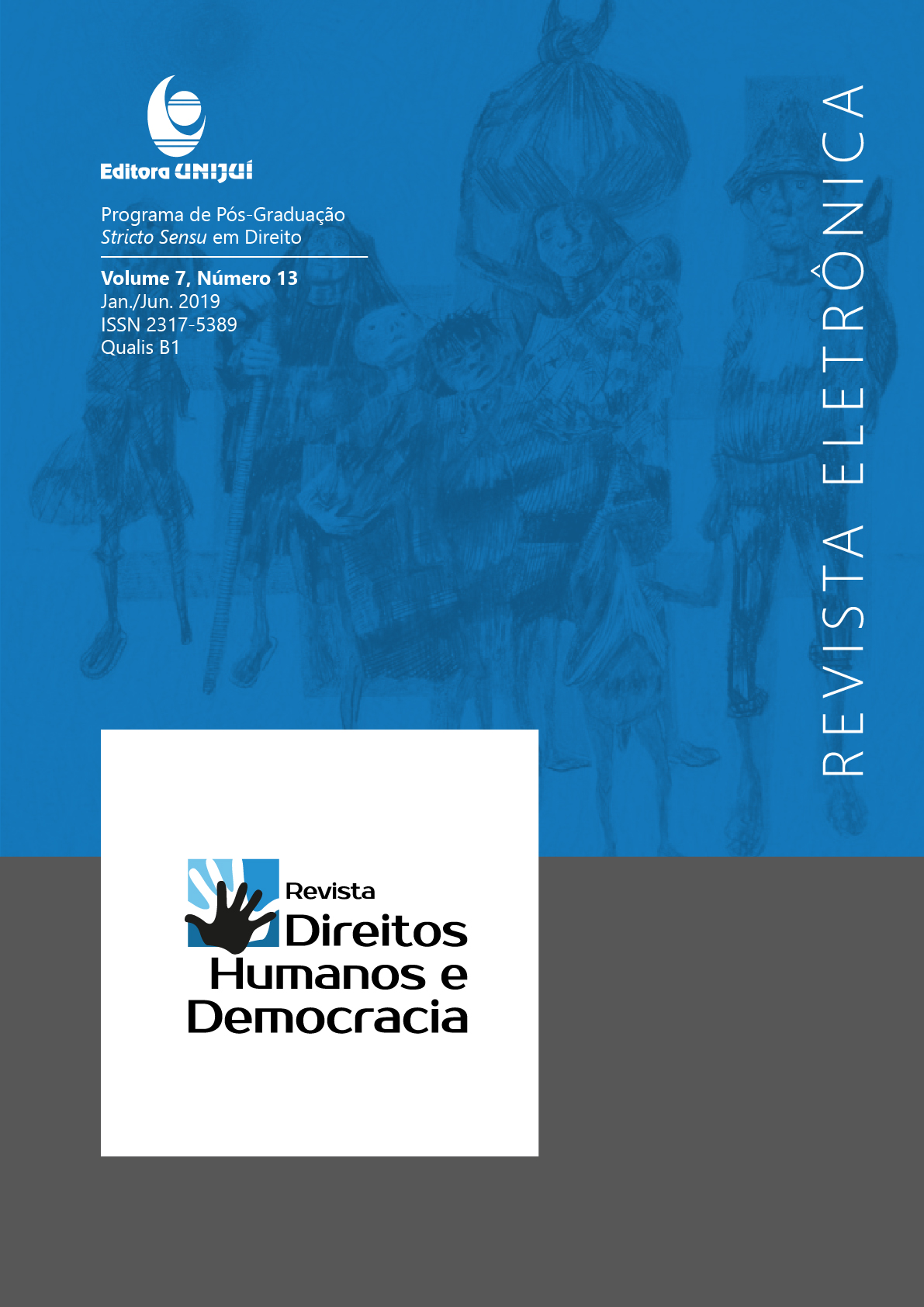DIREITOS HUMANOS E EDUCAÇÃO: DIRETRIZES FUNDAMENTAIS
DOI:
https://doi.org/10.21527/2317-5389.2019.13.254-279Keywords:
Educação do Campo. Cidadania. Direitos Humanos.Abstract
The present work is based on the assumptions established in the national human rights education (PNEDH), and is concerned to know how the subject of human rights in the classroom is being addressed. How do teachers get information on the subject? What are the teachers' knowledge and practices on the subject? This theme, according to the World Program for Human Rights Education, is a theme that must permeate the pedagogical practice of teachers in the classroom. The research was qualitative and of descriptive nature, the same was still characterized as a case study. At first, a bibliographical research of books and articles was carried out, as well as in sites of the following subjects: Human Rights and Education in Human Rights. In the second moment the instruments of data collection were applied through questionnaires. In this way, it was verified that the school works in a very superficial way subjects related to the human rights to the point of not being perceived, being evident the need to advance in the direction to make a wide discussion with the school community on Human Rights.
Downloads
Published
How to Cite
Issue
Section
License
By publishing in the Revista Direitos Humanos e Democracia, authors agree to the following terms:
Articles are licensed under the Creative Commons Atribuição 4.0 Internacional (CC BY 4.0), which allows:
Share — copy and redistribute the material in any medium or format;
Adapt — remix, transform, and build upon the material for any purpose, including commercial use.
These permissions are irrevocable, provided the following terms are respected:
Attribution — authors must be properly credited, with a link to the license and indication of any modifications made;
No additional restrictions — no legal or technological measures may be applied that restrict the use permitted by the license.
Notices:
The license does not apply to elements in the public domain or covered by legal exceptions.
The license does not grant all rights required for specific uses (e.g., image rights, privacy, or moral rights).
The journal is not responsible for opinions expressed in the articles, which remain the sole responsibility of the authors. The Editor, with the support of the Editorial Committee, reserves the right to suggest or request modifications when necessary.
Only original scientific articles presenting research results of interest, not previously published or simultaneously submitted to another journal with the same purpose, will be accepted.
References to trademarks or specific products are intended solely for identification purposes and do not imply any promotional endorsement by the authors or the journal.
License Agreement: Authors retain copyright over their articles and grant the Revista Direitos Humanos e Democracia the right of first publication.













